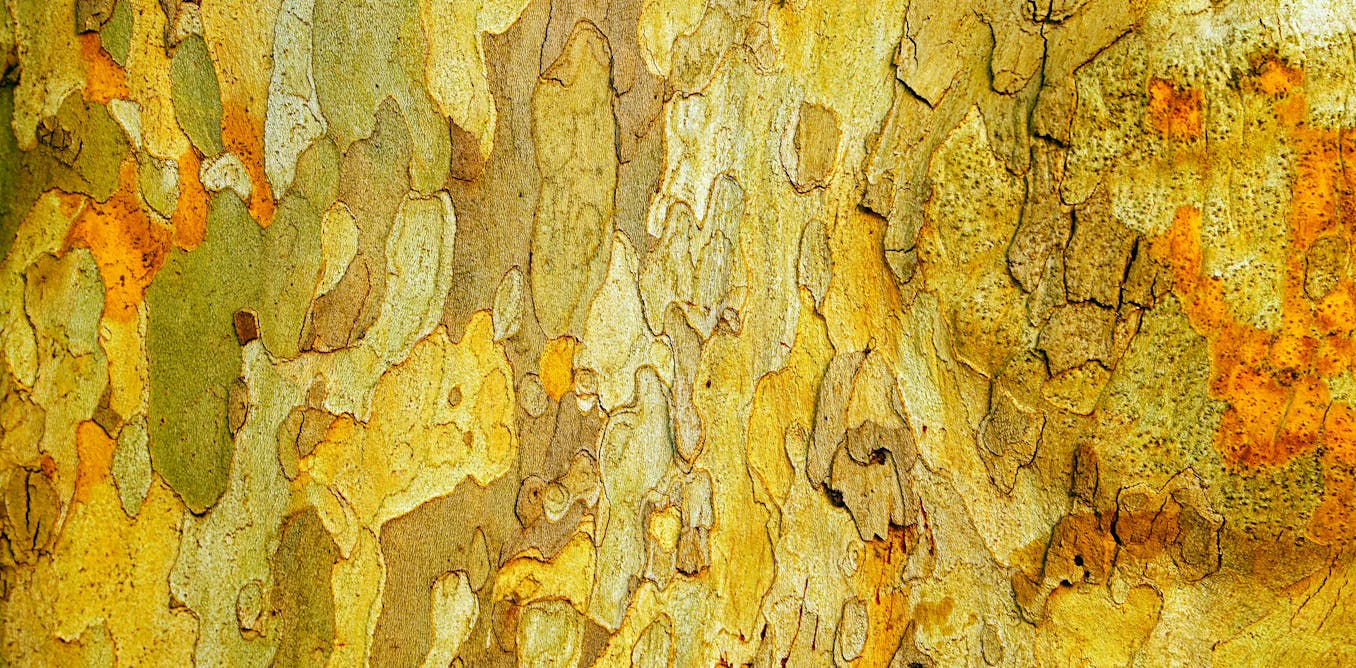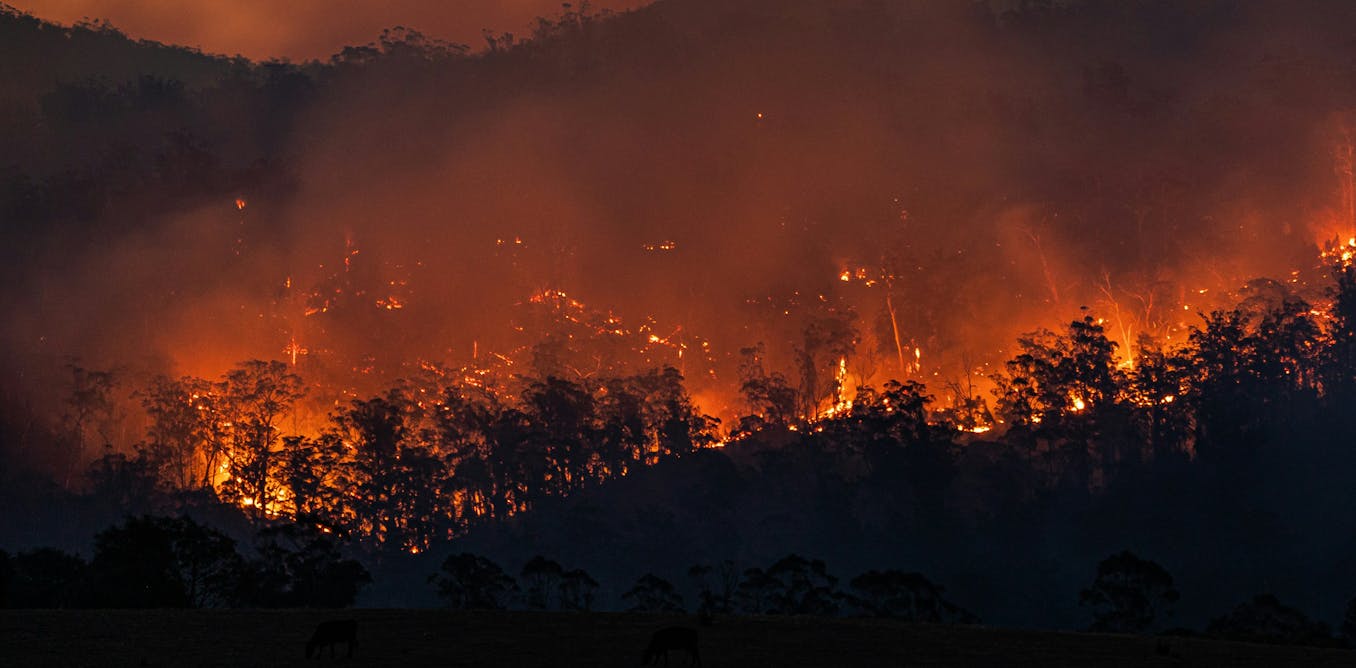Last April, a campaign ad appeared on the Republican National Committee’s YouTube channel. The ad showed a series of images: President Joe Biden celebrating his reelection, U.S. city streets with shuttered banks and riot police, and immigrants surging across the U.S.-Mexico border. The video’s caption read: “An AI-generated look into the country’s possible future if Joe Biden is re-elected in 2024.”
While that ad was up front about its use of AI, most faked photos and videos are not: That same month, a fake
video clip circulated on social media that purported to show Hillary Clinton endorsing the Republican presidential candidate Ron DeSantis. The extraordinary rise of generative AI in the last few years means that the 2024 U.S. election campaign won’t just pit one candidate against another—it will also be a contest of truth versus lies. And the U.S. election is far from the only high-stakes electoral contest this year. According to the Integrity Institute, a nonprofit focused on improving social media, 78 countries are holding major elections in 2024.
Fortunately, many people have been preparing for this moment. One of them is
Andrew Jenks, director of media provenance projects at Microsoft. Synthetic images and videos, also called deepfakes, are “going to have an impact” in the 2024 U.S. presidential election, he says. “Our goal is to mitigate that impact as much as possible.” Jenks is chair of the Coalition for Content Provenance and Authenticity (C2PA), an organization that’s developing technical methods to document the origin and history of digital-media files, both real and fake. In November, Microsoft also launched an initiative to help political campaigns use content credentials.
An ad from the Republican National Committee incorporates AI-generated images.
The C2PA group brings together the Adobe-led
Content Authenticity Initiative and a media provenance effort called Project Origin; in 2021 it released its initial standards for attaching cryptographically secure metadata to image and video files. In its system, any alteration of the file is automatically reflected in the metadata, breaking the cryptographic seal and making evident any tampering. If the person altering the file uses a tool that supports content credentialing, information about the changes is added to the manifest that travels with the image.
Since releasing the standards, the group has been further developing the open-source specifications and implementing them with leading media companies—the BBC, the Canadian Broadcasting Corp. (CBC), and
The New York Times are all C2PA members. For the media companies, content credentials are a way to build trust at a time when rampant misinformation makes it easy for people to cry “fake” on anything they disagree with (a phenomenon known as the liar’s dividend). “Having your content be a beacon shining through the murk is…
Read full article: Content Credentials Will Fight Deepfakes in the 2024 Elections

The post “Content Credentials Will Fight Deepfakes in the 2024 Elections” by Eliza Strickland was published on 12/27/2023 by spectrum.ieee.org







































